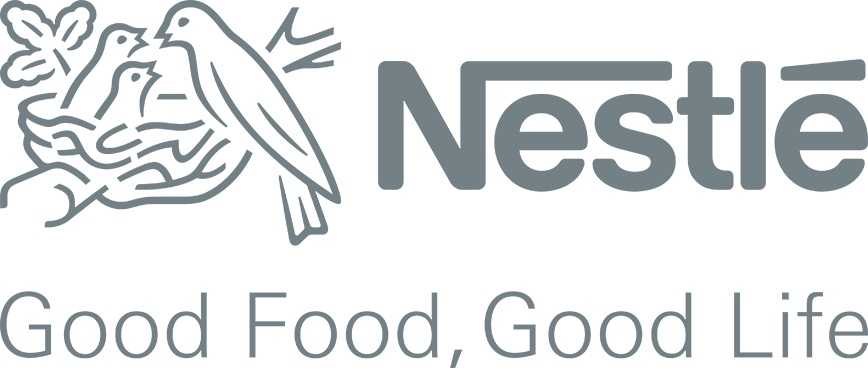PASURUAN, Indonesia – Nestlé and Project STOP today received the support of the regional government of Pasuruan in East Java, Indonesia, to establish a Material Recovery Facility, a key component to create a comprehensive waste management system for communities in the area.
Currently, only 9% of Pasuruan residents have access to waste management services, of which just 1% of waste is responsibly managed. Residents have no other option and must dump their waste in the open environment.
The Material Recovery Facility will be used to manage waste collection, segregation and recycling processes at the Lekok and Nguling municipalities in Pasuruan for the first time.
Nestlé is the first food and beverage company to join Project STOP, an initiative co-founded by Borealis and SYSTEMIQ that designs, implements, and scales circular economy solutions to prevent plastic pollution in Southeast Asia.
Borealis and SYSTEMIQ, along with Nestlé and other partners, and with the support of the regional government of Pasuruan, launched the city partnership last year. Focusing on Lekok and Nguling municipalities, the initiative aims to create a sustainable, low-cost waste management system that will increase collection rates and prevent leakage to the ocean.
“We are very pleased and motivated to be partnering with Nestlé and Project STOP to develop a holistic waste management system. This is another important development to help Indonesia achieve its commitment to reduce waste in the oceans by 70% in 2025,” said H. M. Irsyad Yusuf. MM, Regent of Pasuruan. “I hope this project will be able to help us create an economically self-sufficient waste management system that can be replicated across the region. Not only will the program provide employment, it will also most importantly improve our community’s health and address the environmental issue caused by improper management of plastic packaging waste.”
“The establishment of the Material Recovery Facility is an important milestone to ensure the implementation of a comprehensive, community-based waste management system,” said Véronique Cremades-Mathis, Nestlé’s Global Head of Sustainable Packaging. “We want to build awareness, inspire action and champion innovation in addressing the global issue of plastic waste. This project is an example of how we endeavor to make a real difference that is benefiting people in the communities where we operate in.”
“Our involvement in Project STOP supports our long-term ambition to stop plastic leakage into the environment across our global operations, one of them is located in the Region of Pasuruan,” said Dharnesh Gordhon, President Director of PT Nestlé Indonesia.
In 2019, Project STOP team in Pasuruan carried out a baseline study, which covers social mapping, recycling infrastructure mapping, waste characterization and governance study. The result of this study was then used to design the most fitting circular strategy in the region.
Borealis CEO Alfred Stern said, “This expansion of Project STOP to more cities is an important step in our efforts to improve the circularity of plastics especially in a region where leakage out of the system is high. As an industry partner and socially responsible company, we appreciate the commitment of Nestlé and all our partners, and particularly the Pasuruan government to work together to prevent plastics entering the ocean. Change is possible!”
“At its core, Project STOP is centered on community engagement and government leadership. Keeping plastic waste out of the environment is a goal we share with the Pasuruan regency, the community and our partners,” said Joi Danielson, Program Director, Ocean Plastics Asia, and Partner at SYSTEMIQ. “With the establishment of the Material Recovery Facility, we aim that by 2022, we will be able to responsibly manage at least 1,500 tons of plastic waste per year.”
Working closely with Pasuruan leaders, Project STOP provides training to the community on waste segregation and has started to set up the required infrastructure for an effective waste management system. Project STOP is also opening income-generating opportunities, for example, local residents who own tricycles can rent out their vehicles to be used to pick up segregated household waste.
Nestlé continues to scale-up its efforts to deliver plastic neutrality in markets where it operates, particularly where waste is mismanaged and currently leaking into the oceans. Nestlé will provide more details at the appropriate time.

















